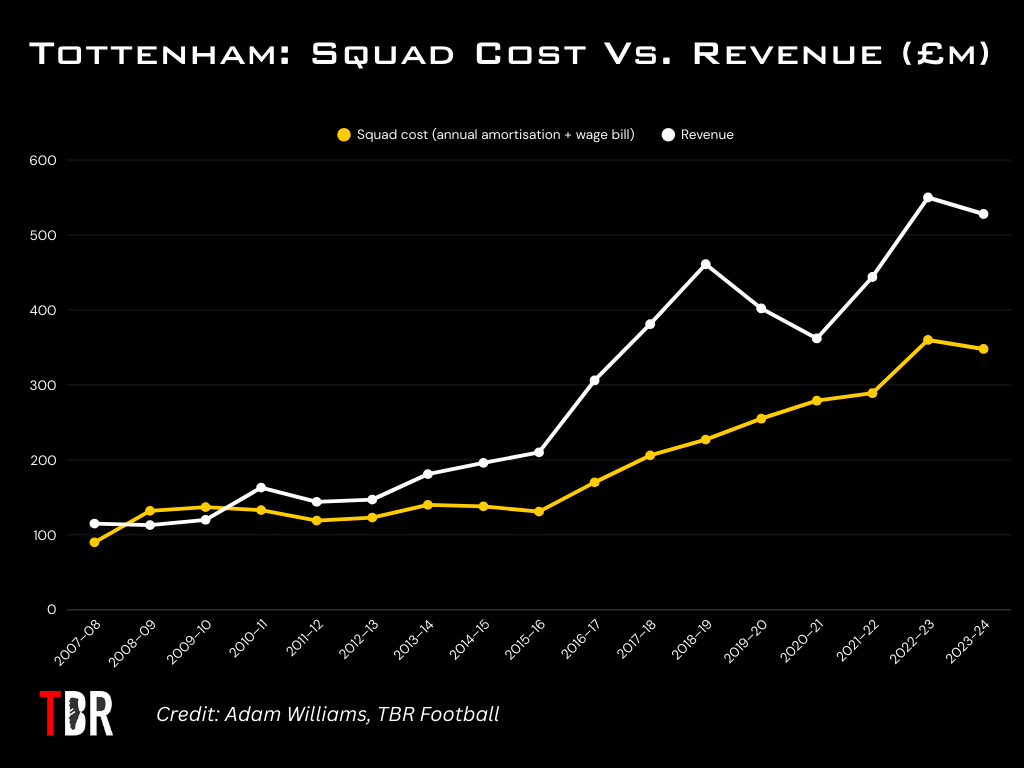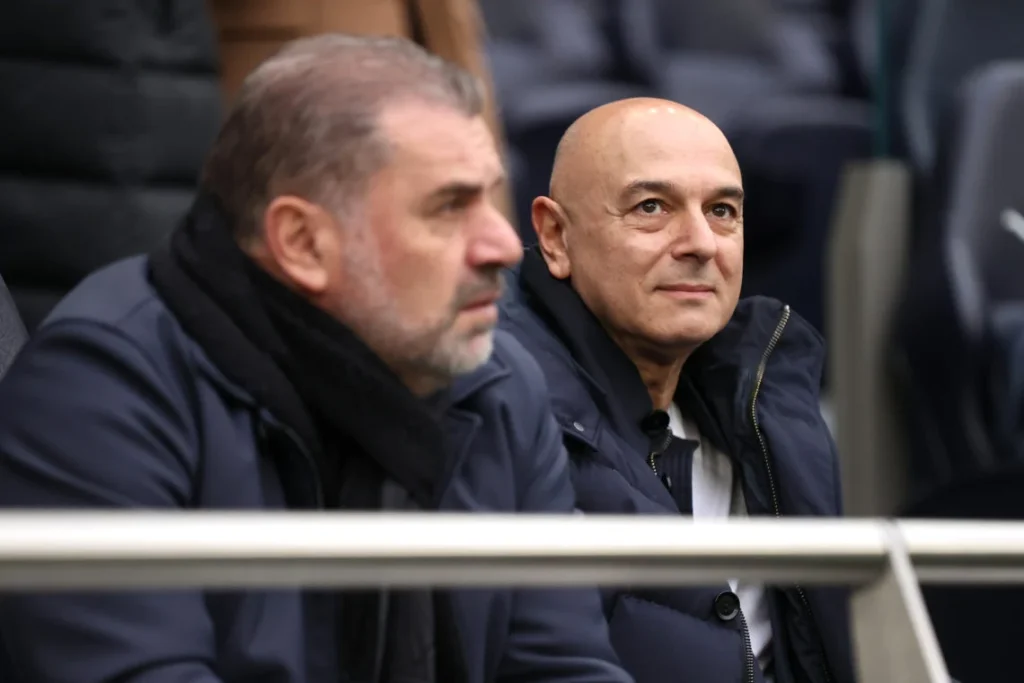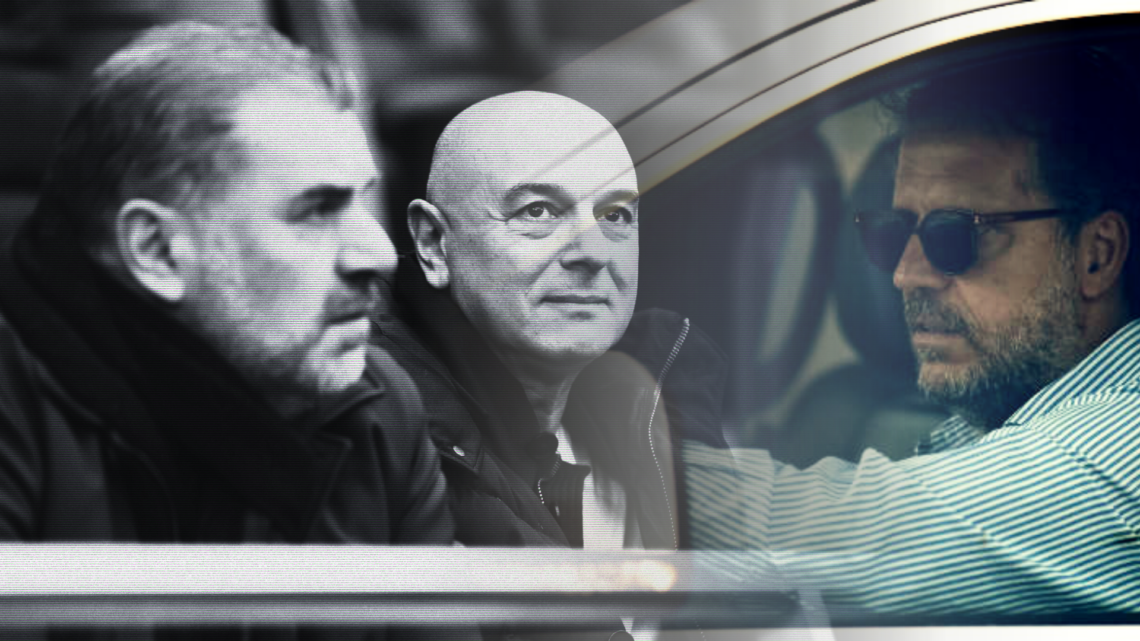As Tottenham Hotspur stand on the brink of potential Europa League glory, the club prepares for its most significant structural overhaul in years—one that will reshape its football operations regardless of continental success.
The impending changes reveal a fascinating dichotomy: a club spending considerably more than critics acknowledge, yet failing to translate financial outlay into on-pitch success due to poor football decisions rather than monetary constraints.
Executive Reshuffle and Football Operations
The Tottenham Hotspur Stadium will welcome new leadership as Arsenal’s former CEO Vinai Venkatesham crosses the North London divide, while Fabio Paratici’s controversial return as technical director on July 1st marks a bold gamble.

The Italian’s reinstatement—following his 30-month ban from football—signals chairman Daniel Levy’s acknowledgment that recent recruitment failures under Johan Lange and Scott Munn demand experienced correction.
| Premier League Transfer Debt 2023-24 | |
|————————————-|-|
| Chelsea | £498m |
| Tottenham Hotspur | £337m |
| Manchester United | £331m |
| Arsenal | £268m |
| Manchester City | £230m |
| West Ham | £191m |
Financial Myths vs. Reality
Contrary to popular belief, Tottenham’s spending under ENIC has been substantial. The club’s amortization costs—how transfer fees are accounted for—have skyrocketed from £43m in 2017 to £136m in the last financial year, surpassing even Liverpool’s figures.
Their wages-to-turnover ratio (42%) mirrors Real Madrid’s successful model, yet the lack of coherent football vision has squandered this investment.
Football finance expert Kieran Maguire explains: “Spurs owe £337m in outstanding transfer fees, creating cash flow considerations. While they have resources to cover payments, new acquisitions may require player sales first.”
This necessity for prudent trading comes as the club faces heightened competition from Newcastle and Aston Villa’s ambitious projects.

Europa League’s Financial Lifeline
Victory in the Europa League could inject £100-120m into Tottenham’s coffers—funds that would prove transformative. As Maguire notes: “The stadium’s premium offerings extract more revenue per fan than any Premier club except Chelsea. Champions League nights would maximize this advantage.”
Beyond Football: The Multi-Sport Vision
Levy’s long-term strategy to diversify revenue streams may soon expand beyond NFL games and concerts. With the NBA exploring a European league, Tottenham’s world-class facilities position them as prime candidates to host a franchise—potentially adding £20m+ annually, mirroring Real Madrid’s basketball success.
As Paratici prepares to steer Tottenham’s summer rebuild, the club stands at a crossroads. Financial data proves resources exist; the challenge lies in marrying expenditure with football intelligence.
Whether through Europa League glory, savvy player trading, or innovative commercial ventures, Spurs must finally capitalize on their impressive infrastructure to escape the cycle of underachievement. The makeover isn’t just desired—it’s essential for a club whose financial might continues to outpace its sporting results.

